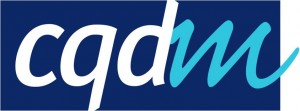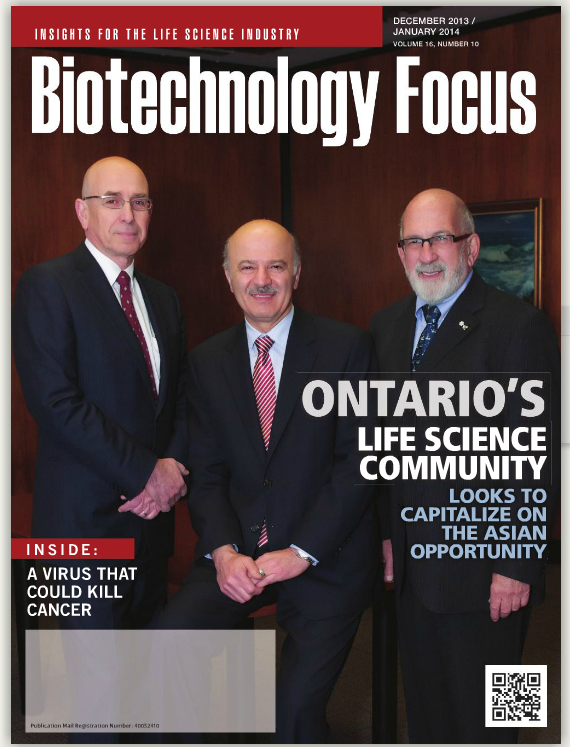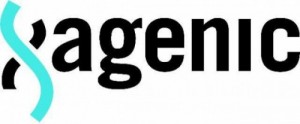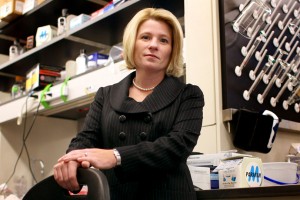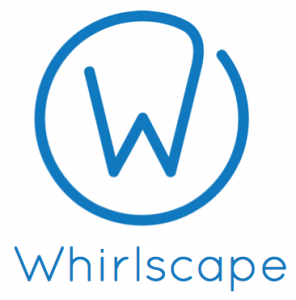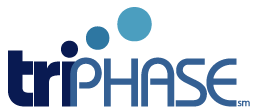Dr. Raphael (Rafi) Hofstein joins Quebec’s CQDM Board of Directors

MaRS Innovation’s President and CEO, Dr. Raphael (Rafi) Hofstein, was appointed to the Quebec Consortium for Drug Discovery (CQDM) Board of Directors on February 18.
CQDM is a Quebec-based not-for profit that funds and supports joint projects in private and biopharmaceutical sectors.
Here’s an excerpt from CQDM’s announcement:
Dr. Hofstein, actively involved in the field of biotechnology, partnerships and technology transfer for over 30 years, greatly contributed to defining Israel as a world leader in biotechnology. In Israel, Dr. Hofstein held various positions including R & D Manager and Chief of Immunochemistry with the International Genetic Scientific Partnership, Scientific Director at Biotechnological Applications Ltd., Scientific Director and Vice-President, Business Development at Ecogen Inc., prior to becoming President of Mindsense Biosystems Ltd., and then founder, President and CEO, and chairman of the Board of Hadasit Ltd.
Dr. Hofstein was also president of BIOMED, the annual biomedical conference of Israel for many years. He was also co-founder and member of the Israeli Life Sciences Industry Organization and co-founder and executive of Israel’s Tech Transfer Network. Dr. Hofstein now serves on various boards, including Life Sciences Ontario, Clinical Trials Ontario as well as the Organizing Committee of the Public Policy Forum on venture capital and innovation. Dr. Hofstein holds a Ph.D. in the life sciences and chemistry, and completed his postdoctoral studies at the Harvard Medical School.

